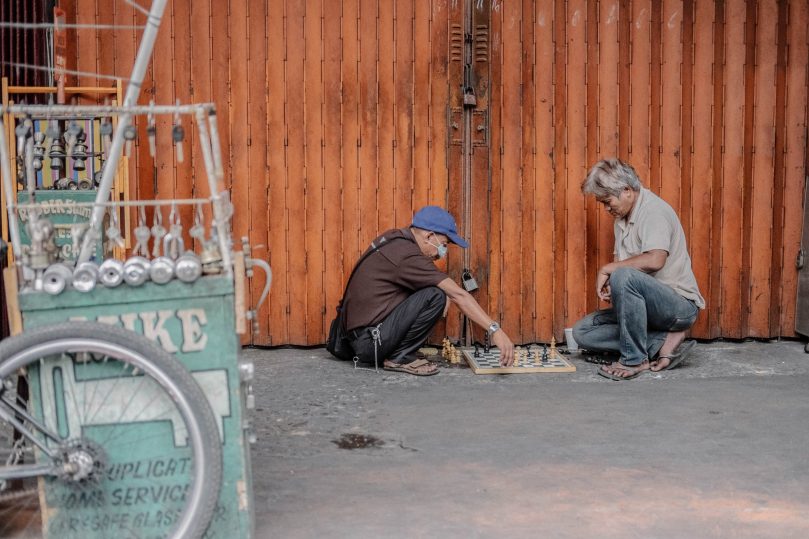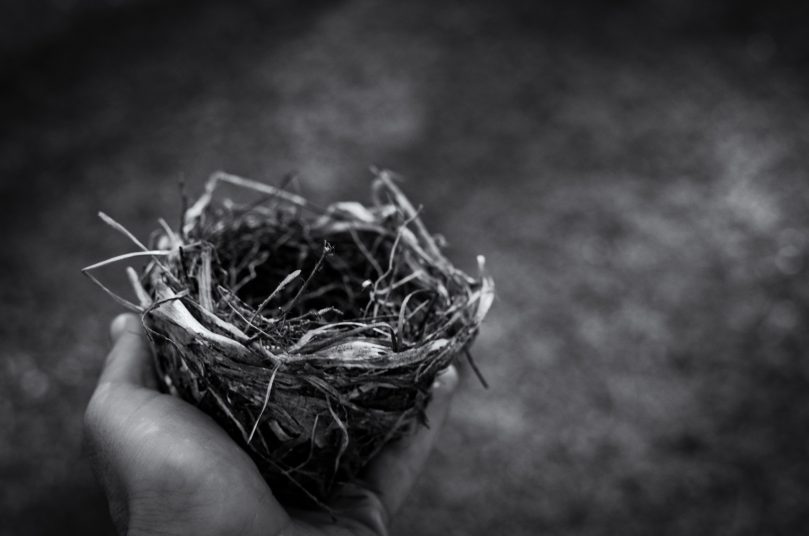Gessen was an artist monk. Before he would start a drawing or painting he always insisted upon being paid in advance, and his fees were high. He was known as the “Stingy Artist.”
A geisha once gave him a commission for a painting. “How much can you pay?” inquired Gessen.
“Whatever you charge,” replied the girl, “but I want you to do the work in front of me.”
So on a certain day Gessen was called by the geisha. She was holding a feast for her patron.
Gessen with fine brush work did the painting. When it was completed he asked the highest sum of his time.
He received his pay. Then the geisha turned to her patron, saying: “All this artist wants is money. His paintings are fine but his mind is dirty; money has caused it to become muddy. Drawn by such a filthy mind, his work is not fit to exhibit. It is just about good enough for one of my petticoats.”
Removing her skirt, she then asked Gessen to do another picture on the back of her petticoat.
“How much will you pay?” asked Gessen.
“Oh, any amount,” answered the girl.
Gessen named a fancy price, painted the picture in the manner requested, and went away.
It was learned later that Gessen had these reasons for desiring money:
A ravaging famine often visited his province. The rich would not help the poor, so Gessen had a secret warehouse, unknown to anyone, which he kept filled with grain, prepared for those emergencies.
From his village to the National Shrine the road was in very poor condition and many travelers suffered while traversing it. He desired to build a better road.
His teacher had passed away without realizing his wish to build a temple, and Gessen wished to complete this temple for him.
After Gessen had accomplished his three wishes he threw away his brushes and artist’s materials and, retiring to the mountains, never painted again.
Photo by Joanna Kosinska on Unsplash
Back to Index









